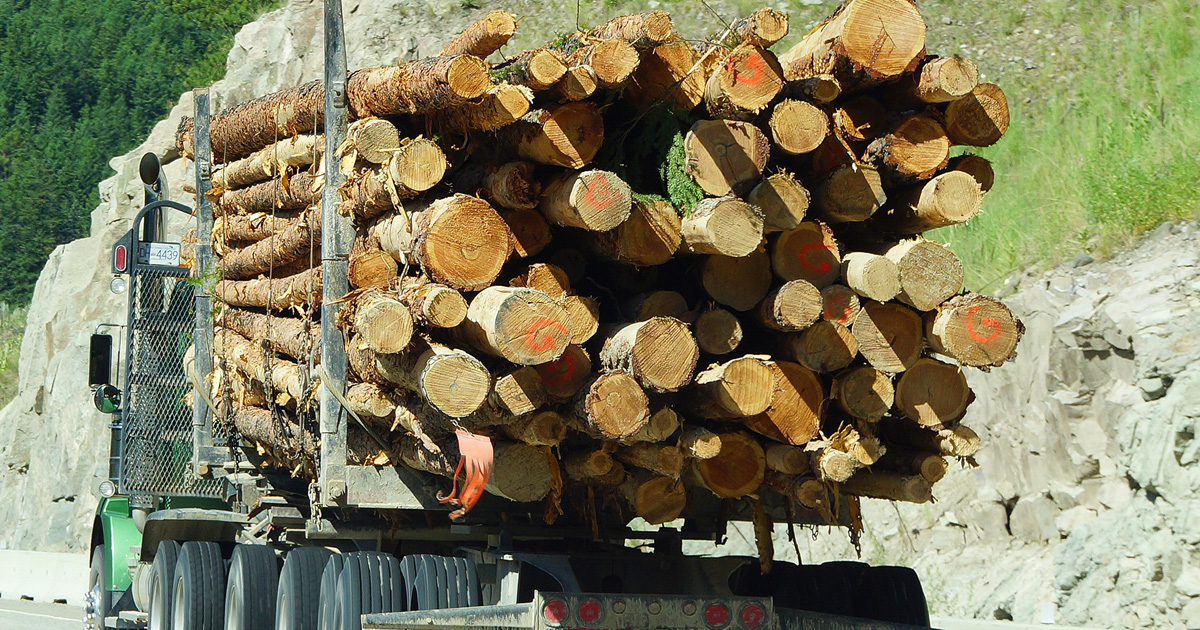Richard White
Senior Member
Petro Can was a disaster.
Canada has more resources than it needs. Exporting is necessary.
It may have been a disaster but exporting the natural resource then buying it back at a premium is not ideal.
Petro Can was a disaster.
Canada has more resources than it needs. Exporting is necessary.
Petro Can was a disaster.
Canada has more resources than it needs. Exporting is necessary.
So we should be baking cakes and exporting those instead of wheat?
I don't think we should second guess the private sector on how to most efficiently create value.
So we should be baking cakes and exporting those instead of wheat?
I don't think we should second guess the private sector on how to most efficiently create value.
They are value added. We’re not shipping oil-encrusted sand to the US, but are instead removing the sand and making it into something of higher value. The customer then makes further changes to add additional value, and this repeats a few more times before it gets into our car’s gas tank. Same goes for lumber, we’re not exporting rough trees, but are adding value before we export them.I don't have a problem exporting our natural resources. What I do object to is exporting them not-value-added. We should not be betting our economic strength on exporting unrefined crude or raw logs.
They are value added. We’re not shipping oil-encrusted sand to the US, but are instead removing the sand and making it into something of higher value. The customer then makes further changes to add additional value, and this repeats a few more times before it gets into our car’s gas tank. Same goes for lumber, we’re not exporting rough trees, but are adding value before we export them.

I don’t think expanding domestic petrochemical refining capacity is part of the Liberal’s green plan.But why not higher? Refining into whatever the customer wants.
Probably the less popular opinion is that we shouldn't be trying to block Alberta oil exports. I think Canada's accountability is for the CO2 we emit through our own consumption, and that is used to produce oil from oilsands. We shouldn't be trying to curb foreign emissions by constraining exports from Alberta. This won't work anyway, and just makes us poorer and stokes resentment in Alberta. Norway has this figured out.Why anyone would be clamouring for Canada to invest tens of billions in uneconomic oil infrastructure when it is essentially a sunset industry is beyond me. New refineries aren't really being built anywhere, why should we spend a bunch of money on them here when it will just cost more than the current arrangement?
Probably the less popular opinion is that we shouldn't be trying to block Alberta oil exports. I think Canada's accountability is for the CO2 we emit through our own consumption, and that is used to produce oil from oilsands. We shouldn't be trying to curb foreign emissions by constraining exports from Alberta. This won't work anyway, and just makes us poorer and stokes resentment in Alberta. Norway has this figured out.
Why anyone would be clamouring for Canada to invest tens of billions in uneconomic oil infrastructure when it is essentially a sunset industry is beyond me. New refineries aren't really being built anywhere, why should we spend a bunch of money on them here when it will just cost more than the current arrangement?




